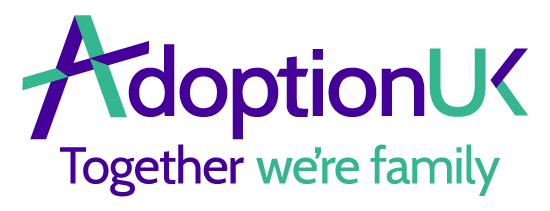This request has been checked and verified by Adoption UK
Hello,
I am a student at The University of Birmingham and I am undertaking a research project that explores the meaning of home during childhood for adult adoptees who were adopted during childhood – and how this meaning, through your childhood experience, has contributed to your success in adulthood.
My research aims to understand the different childhood journeys within the home environment, of adopted adults. I am looking for black and multi-heritage female participants between the ages of 25 and 45 years old who experienced early childhood trauma and are now successful adults in relation to “normal” definitions of success - health, wellbeing, careers and relationships, to take part in this project.
Your participation will provide valuable insight into the significance of the home environment and its influences and contributions to later adult life success. Within this research, “success” is defined as economic wellbeing (income at or above £28,400) and personal wellbeing (life satisfaction, happiness, worthwhileness).
There is an abundance of literature on the well-researched association between traumatic childhood experiences, the impact on neurological development (e.g. emotional resilience, cognitive processing) and poor outcomes for adopted children, but very little literature on adopted children who, despite their adverse histories and childhood challenges, have achieved positive outcomes.
This is an opportunity for me to understand how your experiences have shaped your life journey to success. We each have different perceptions of what home means to us in childhood. We also have personal narratives, perhaps through our perspectives of home, on how experiences in the home may have contributed to eventual success in adulthood.
Participation in this project will help researchers to understand, learn and promote positive outcomes awareness from your experiences and perspectives. I would be interested in hearing your experiences in areas such as:
What were your experiences before adoption?
What did the word “home” mean to you, post adoption?
How did your home environment shape your understanding of self and identity?
What were the influences within the home which contributed to the path to your success?
If you wish to take part in this research, I will send you a consent form which outlines the objectives of the project and how to participate.
I would be grateful if you could respond by Monday July 6th 2020.
In the meantime, thank you for your time.
Yours sincerely,
Yewande Reece
Email: [email protected]
Supervising Lecturer: Colette Soan Email: [email protected]

